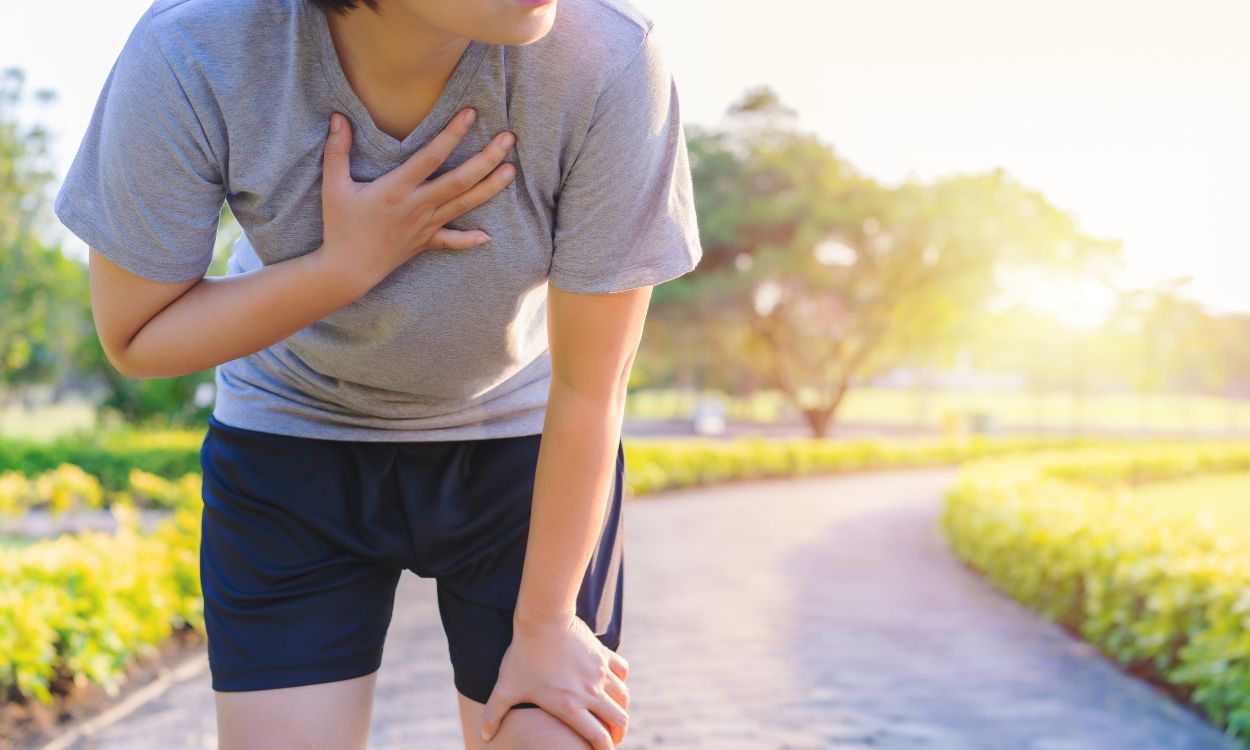First Aid for Heat-Related Illnesses: Heat Stroke, Heat Exhaustion, Heat Cramps
Summer is here, and with it comes the risk of heat-related illnesses. Heat stroke, heat exhaustion, and heat cramps are all serious conditions that can be life-threatening if left untreated. As the temperature rises, it is important to know how to recognize the symptoms of these illnesses and how to provide first aid.
Heat Stroke:
Heat stroke is the most severe heat-related illness and can be fatal if not treated promptly. It occurs when the body’s temperature regulation system fails, and the body temperature rises to dangerous levels. Symptoms of heat stroke include a high body temperature (above 103°F), hot and dry skin, rapid heartbeat, headache, dizziness, confusion, and loss of consciousness.
First Aid for Heat Stroke:
If you suspect someone has heat stroke, call for emergency medical help immediately. While waiting for help to arrive, move the person to a cool, shaded area and remove any excess clothing. Fan the person and apply cool water to their skin. If possible, immerse the person in cool water or cover them with wet towels. Do not give the person anything to drink.
Heat Exhaustion:
Heat exhaustion is a milder form of heat-related illness that can occur after prolonged exposure to high temperatures. Symptoms of heat exhaustion include heavy sweating, weakness, dizziness, headache, nausea, and vomiting.
First Aid for Heat Exhaustion:
If you suspect someone has heat exhaustion, move them to a cool, shaded area and have them lie down. Loosen or remove any tight clothing and fan the person. Give them cool water to drink or a sports drink that contains electrolytes. If the person does not feel better within 30 minutes, seek medical attention.
Heat Cramps:
Heat cramps are painful muscle spasms that can occur during or after physical activity in hot weather. They are caused by an electrolyte imbalance due to excessive sweating.
First Aid for Heat Cramps:
If someone experiences heat cramps, move them to a cool, shaded area and have them rest. Give them cool water or a sports drink that contains electrolytes. Gently stretch and massage the affected muscles.
Prevention:
Prevention is the best way to avoid heat-related illnesses. Stay hydrated by drinking plenty of water and sports drinks that contain electrolytes. Wear lightweight, light-colored, and loose-fitting clothing. Avoid being outside during the hottest part of the day, and take frequent breaks in a cool, shaded area. Use sunscreen to protect your skin from the sun’s harmful rays.
Conclusion:
Heat-related illnesses are serious conditions that require prompt treatment. Knowing the symptoms and providing first aid can save lives. At Fitpaa, we believe that prevention is the best medicine. Our AI-driven metabolism monitoring and management technology can help you stay healthy and fit, even during the hottest months of the year. Download the Fitpaa app today and take the first step towards a healthier you.









